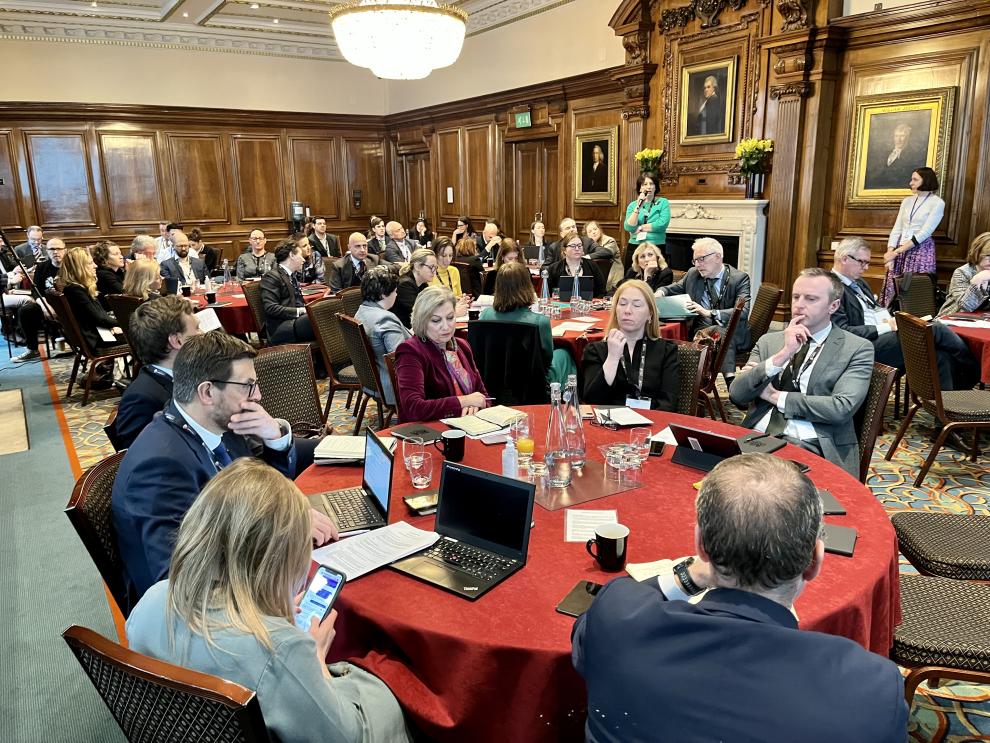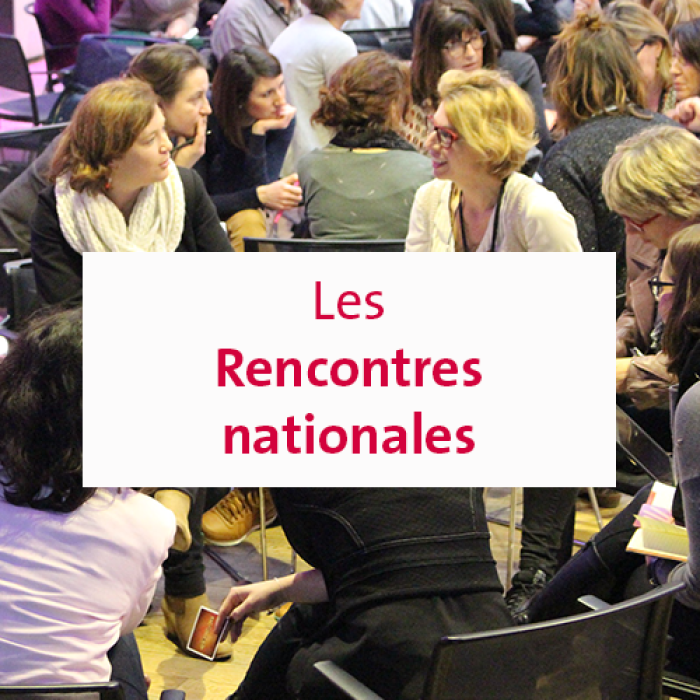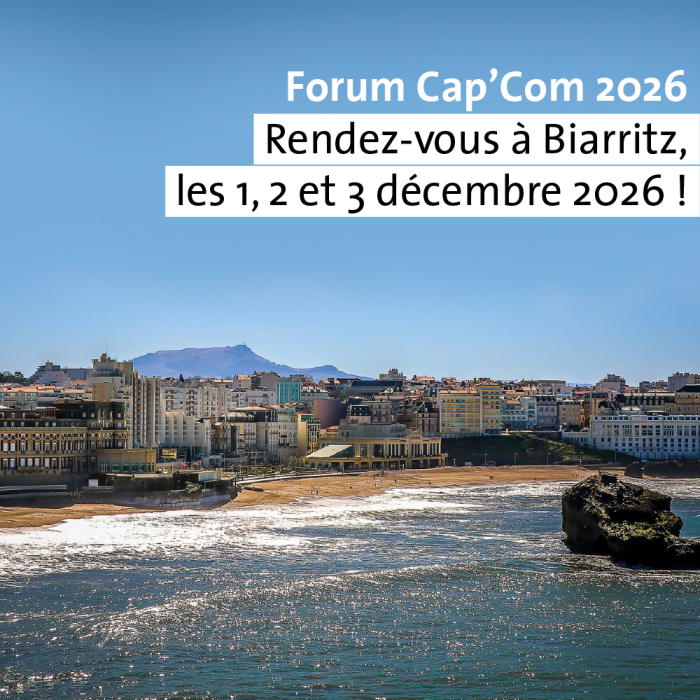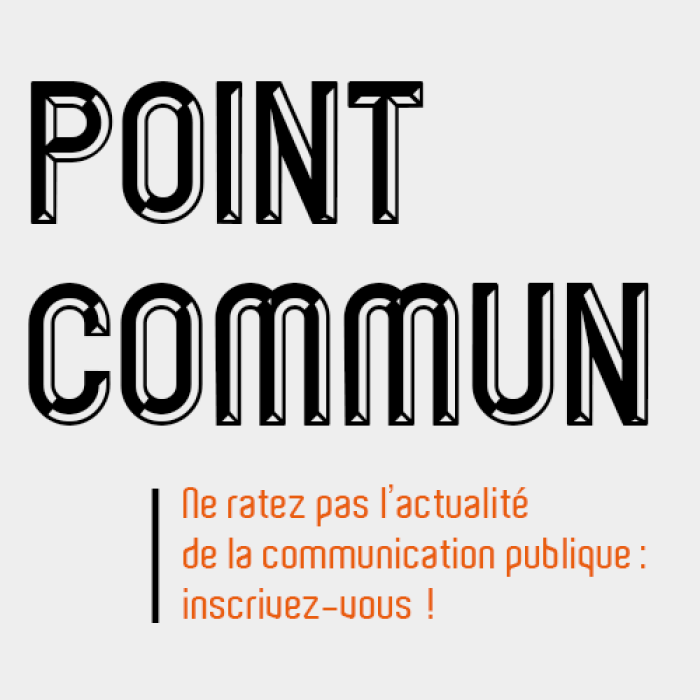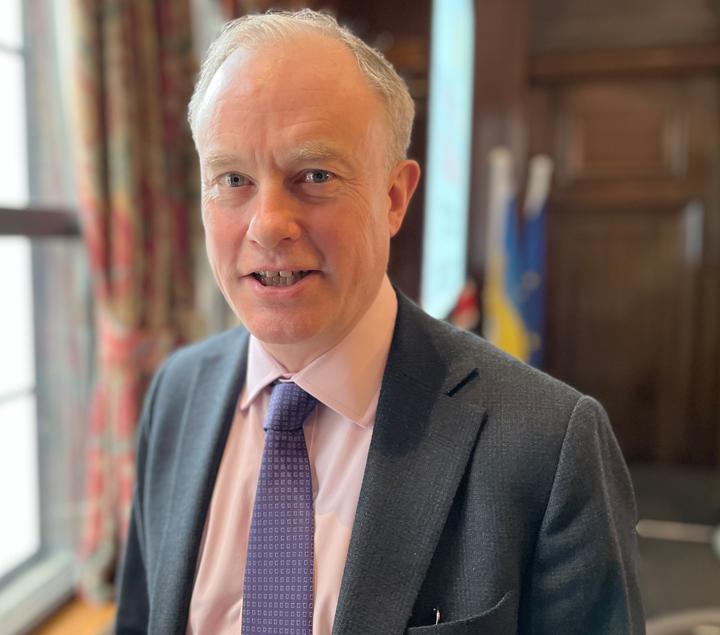
“We will need more power to resist deep fakes”
At the recent European Strategic Communication Seminar in London, Commonality interviewed Alex, a leader in strategic communications who is in charge of developing communication capabilities and campaigns in the fields of international relations and national and regional security. We were able to ask him how he and his teams are working to deal effectively with web-based threats.
Alex Aiken is an Executive Director for Government Communication. He was appointed in December 2012 and was responsible for creating the Government Communication Service (GCS) and developing cross-government campaigns.
Commonality: What measures have you put in place to combat the spread of false information on social networks?
Alex Aiken: We have developed a framework called "RESIST". It consists of a toolkit that sets out the steps to be taken to combat mis- and disinformation. It helps communicators deal with the challenges they face in a systematic and efficient way, while ensuring that core democratic principles such as freedom of speech are protected. Our media teams are trained to use this methodology to help them deal with the most dangerous forms of mis- and disinformation.
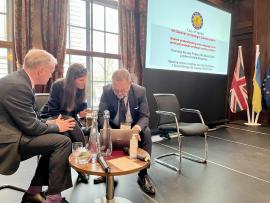
We start by ruling out fanciful but harmless misinformation
We first of all identify mis- and disinformation on social networks, leaving to one side stories that are just a bit of fun or a harmless joke. We then take steps to combat the more serious pieces of misinformation we have found. Some topics tend to attract a large volume of misinformation, for example, the debate surrounding 5G telecoms networks.
There are three steps we follow:
- The first step is to identify posts on social networks that constitute a genuine threat to the information the public receives;
- We then decide whether to respond or rebut to set the record straight. Any messages we send out are monitored and evaluated;
- The media team fights the misinformation at source. We talk to the platforms concerned such as Google, Meta or YouTube, and ask them to take false narratives down.
We have a very good relationship with the social media platforms... but it’s not easy to persuade them to take action. We succeed about half of the time.
Commonality: How is the Government Communication Service structured? What are the main changes that have taken place in the last ten years?
Alex Aiken: The communication function within the UK Government has rapidly evolved into a modern matrix structure. It is regarded as a leading profession in government with the chief executive and a committee of directors of communication drawn from the 23 main departments. Overall there are about 7,000 communicators in government who comprise the Government Communication Service. For communications to be effective, you need to have skilled people right across your organisation. We’ve made a conscious decision to increase our digital capability and ensure that we have the talent we need in every communications team, whether the audience is international or domestic. The need for future-facing skills applies equally to all sub-disciplines of communications, from internal communications to external affairs, media and marketing.
Remember that we are a profession and not just a function
Our capability-building strategy applies to people right across the Government Communication Service, from large government departments to smaller arms’ length bodies. Digital skills are central to all of them. As public communicators, we are collectively a profession, not just a function, and it is important to remember that people and their development are at the heart of it. As well as developing cross-cutting skills, we have also created some specialist areas, including dedicated teams for international communications and national security communications. Our international focus has included cooperation with other countries to combat disinformation, and we have also developed extensive training for implementing the 'Resist' framework. We work closely with international colleagues including the government of France and the European Union to develop campaigns that will strengthen democracy and resist disinformation nationally and locally.
Commonality: How do you personally view the issue of disinformation in the coming years?
Alex Aiken: There will be a huge rise in the volume of deep fakes. The consequence, unfortunately, will be a rise in societal divisions.
Deep fakes will try to separate communities
The people generating this powerful and complex type of false information will try to separate communities in order to fracture society. Tomorrow’s disinformation is going to be much more technical, much more effective and much more difficult to combat. Artificial intelligence is already having a powerful impact; just take a look at ChatGPT - it can give you a pretty good idea of what I would say about the future of fake news! But its output - as with many AI tools - should be used with caution, not simply taken at face value. Artificial intelligence is going to increase the complexity of everything, with unforeseen consequences. We will need more power to fight misinformation. And much greater regulation of social media.
A seminar on strategic communication in London (march 2023)
At this second meeting, organised by the Club of Venice and the UK Government's communication department, more than fifty European specialists exchanged their expertise on the issues of combating disinformation and strategic coordination of public communications. On this occasion, Ambassador Pasquale Terracciano, Director General for Public Diplomacy and Culture at the Italian Ministry of Foreign Affairs and International Cooperation, spoke about the new frontiers of public diplomacy and the role of strategic communication in a world facing crucial geopolitical challenges. He insisted on "the importance of developing a new public communication strategy based on participation and empowerment". He also stressed the "central role of the media, which must be supported by public power", citing the current situation and the Russian disinformation offensive. He urged public communicators "to learn from this situation and do more! This is the great challenge of public communication today".
